And yet, truth be told, I am lukewarm when it comes to most contemporary Christian music. There’s one John Mark McMillian album I like (The Medicine). I love Downhere’s Ending is Beginning. There’s an album by an indie Christian hard rock band called tripmeter that I quite like, in large part because I knew some of the band members when I was studying in Saskatchewan. Aside from that, though, there’s not much I listen to: I have all sorts of “Best of Worship” mix CDs that I picked up along the way that haven’t had airtime in my house since ... well ... since ipods replaced CDs as cutting edge music technology.
A while ago, however, I was feeling like I’d fallen into a bit of a musical rut. If my Spotify playlist was vinyl, I’d have long since worn out the grooves on most of my music, and it felt like it was time to discover something new. In my search I stumbled over Bruce Springsteen, an artist who’d been lurking on the edges of my musical horizons throughout my life but had never really found a place in my heart.
I came of age musically in 1987, only two years after Born in the USA had taken the world by storm, but my musical tastes were a strange hybrid of my father’s psychedelic rock predilections—Cream, The Doors, experimental Beatles—mingled with the tousle-maned, falsetto-voiced, guitar-melting aesthetic of the glam rock era that reached its apex just as I was reaching puberty. My first real rock and roll album was Def Leppard’s Hysteria, my favorite band was Van Halen, and to this day, the opening riff of White Lion’s Pride throws me back to the yearning of my early-teen years with such poignancy as to give me emotional whiplash. Because my musical palette had been so refined on virtuoso guitar licks and unabashed innuendo wailed up in the tenor range, the raw energy of Springsteen’s baritone bellowing about brokenness and birthplace and blue collar disappointments always sort of lost me. What’s more, the only song I really associated him with was “Born in the USA,” which, as a Canadian, I’d always mistaken for a naive jingoistic ode to a nation that wasn’t mine.
So I never connected with Springsteen.
But a while back, like I say, I was in a rut, and a book I read about song writing suggested that aspiring songwriters need to listen to the music of master songwriters if they want to hone their craft, and it pointed me to Springsteen as one of the best. I started with Born to Run (an easy first choice), followed by Darkness on the Edge of Town, and Nebraska. By the time I’d given Nebraska a third listen, I understood why my songwriting book sent me to The Boss for some schooling.
I proceeded through vast swaths of the Springsteen catalogue, including: Born in the USA, Wrecking Ball, Lucky Town, High Hopes, Human Touch, Greetings from Asbury Park, The Wild the Innocent and the E Street Shuffle, and parts of Tunnel of Love. I even read his autobiography over Christmas. After months with his music, I was still not a fan in the fullest sense, but had become a very warm admirer. I doubt I’ll ever sign up unreservedly for the Springsteen fan club, but I’ve come to love his unrestrained rock and roll spirit, the deceptive simplicity of his arrangements, the unbridled energy of that Spector-ish “wall of sound,” and the characters—the busted, broken, born-to-run-with-nowhere-to-go characters—that haunt his best songs.
I’d choose Born to Run over the latest Chris Tomlin effort any day.
Which brings me to the point I was trying to make at the start of this piece. Because my foray into the music of Bruce Springsteen has forced me to come to terms with why I don’t listen to much contemporary Christian music. The music at the FreeWay where I pastor is certainly done in the contemporary style, and we sing our fair share of Tomlin and Redman. Interestingly, too, in that setting I embrace the music enthusiastically, even though none of it makes it to my headphones after church. So my problem is not some pious hang-up about which musical styles belong in church and which don’t. It is deeper than that, I think, and somehow simpler.
It has to do with what I call “the texture” of the songs.
The best of what I heard in Springsteen’s song writing, and certainly the stuff I found most compelling there, had texture to it. The situations he sang about were layered with emotion and complicated by a stark lack of easy answers; the voices he sang in were fraught and pulled and uncertain and clawing their way back up after one more beating down; the places he sang about had a seediness to even their most intense beauty; the Truths he sang of were never easily earned. Inasmuch as life itself is always layered and complicated, mingled with seediness and beauty together, fraught and pulled and uncertain, these songs were rough with the texture of life. And this is true of the music as much as it is of the lyrical content. Though the members of the E Street Band are all masters of their craft, still there is a rawness to their playing that makes their sound greater than the sum of its parts. And Springsteen’s voice—what he has described as a “journeyman’s instrument”—is unpolished and unrefined, giving his vocal performance a texture to match his lyrics.
To hear a good Springsteen song is to sit in the company of a man who has looked intently at life in all its glory and disgrace, and has learned the hard way that the one seldom comes without the other.
This is something that’s missing, I think, in much of today’s contemporary Christian music. In most Christian songs I know, the texture is smoothed out, the rawness glossed over, and the hurt healed before it even has a chance to sting.
This is a cheap shot, I realize, and an old example, but take Matt Redman’s "Blessed Be Your Name," a song we’ve song any number of times in church. The bridge—“You give and take away, my heart will choose to say, Lord blessed be your name”—comes almost directly from the Book of Job: “Naked came I out of my mother’s womb, and naked shall I return thither. The Lord gave, and the Lord hath taken away; blessed be the name of the Lord!” This verse is the white-knuckled fist of a man clinging for dear life to a Lord whose face, just now, is obscured by shadow and grief. It is so rough with the grit of life that you can’t run your hand over it without abrasion. Yet in the context of the Redman song, so much of that texture has been rubbed smooth, its desperation polished up and its pain glossed over. I say that knowing that Redman wrote this song in part as a response to the September 11 terrorist attacks, as an effort to offer a song that “grappled with grief,” but even so the song resolves far more smoothly than Job ever dares to. The raw texture of Job’s decision to worship the Lord, “though he slay me,” has been replaced with a relatively easy heart-choice to praise.
You might say: but that’s a lot to ask of a song, to brush up against the texture of life, the good, the bad, and the ugly like that, and still be accessible and uplifting. Yet this is what I’ve come to admire about Springsteen’s best work. In the most fraught moments of his music, you’re still hearing something very good you always knew was there, you just never noticed it before.
Of course, “Thunder Road” would make a lousy worship song; and Redman’s “Blessed Be Your Name” has ministered to the Church all around the world, myself included. I’m not trying to bash it. I’m just trying to explain why, outside of worship settings, most contemporary worship music does not really speak to me.
At the same time, however, I’m also trying to suggest that the best Christian art has texture. Christians, of course, should have one of the most robust Creation Theologies going; and at the heart of any robust theology of Creation is the conviction that, as the Creator’s work, this world is intrinsically good, cherished and loved by him, its seediness and its beauty alike. He doesn’t wish to leave the seedy parts seedy, of course, he is in the redemption business, but neither will he refuse to look at it, or turn his back on it, because of its seediness. Artists motivated by a deep-down Christian understanding of the Creation, would look as intently at the real world as any Springsteen song ever did, and would be just as determined to convey the texture of what they saw there, in whatever their medium.
A full-fledged theology of Creation would balk at any effort to gloss over the “meanness in this world” with a too-simplistic “Yes Lord! Yes Lord!” It would be determined to tell the truth about the world as it is, even if only to sharpen our thirst for the promise of what will be.
Over the next few months here at terra incognita, I intend to spend some time offering a theological analysis of the music of Bruce Springsteen, suggesting intersections between his work and the truths of the Christian Faith. Springsteen is, by his own description, an x-Catholic, and, though his songs do draw on religious imagery, themes, and musical styles, there is nothing intentionally Christian about his music. However, as with most great artists, there are truths that any believer would recognize as Christian, throbbing at the heart of his work. As we will see, the conviction that the world is worth looking at in all its roughness, and worth singing about honestly, is just one of them.




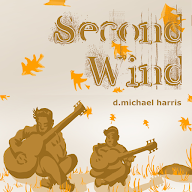
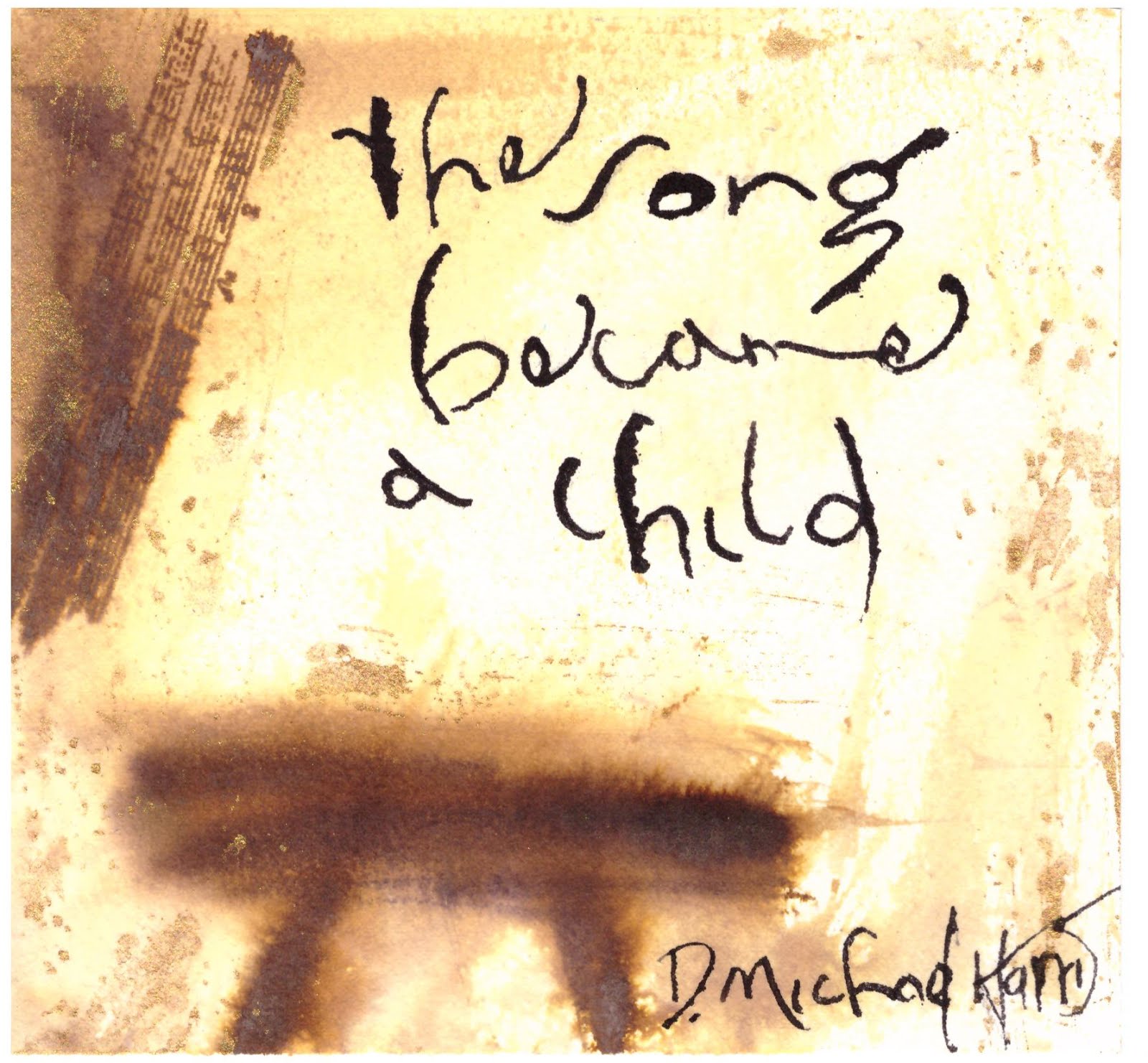


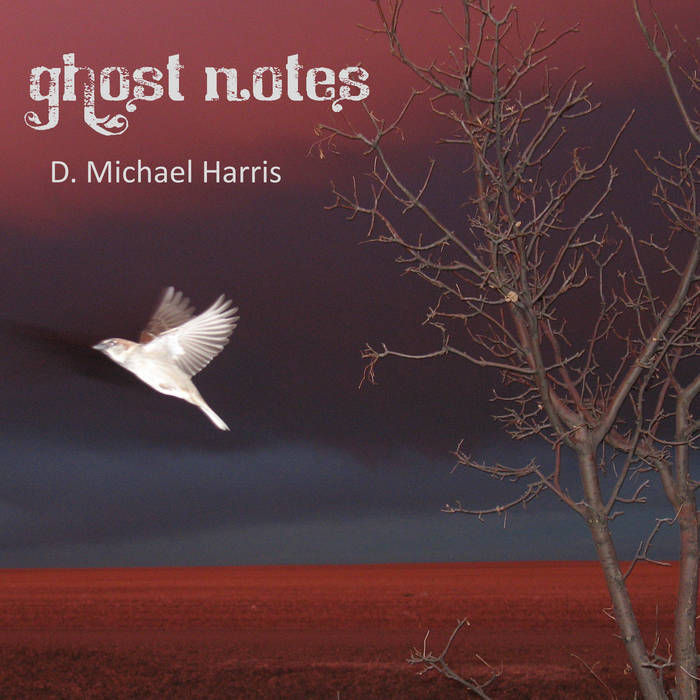
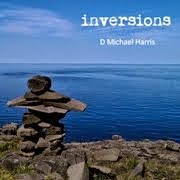
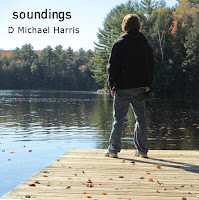


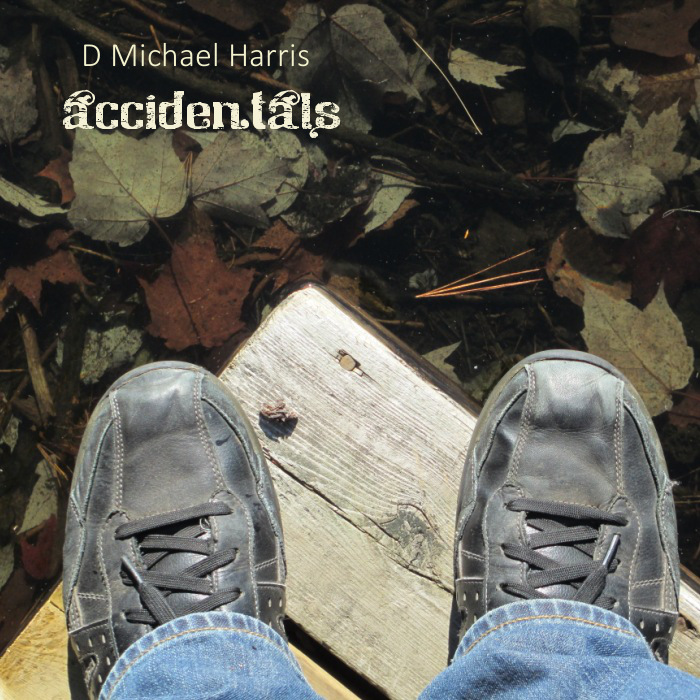










0 comments:
Post a Comment